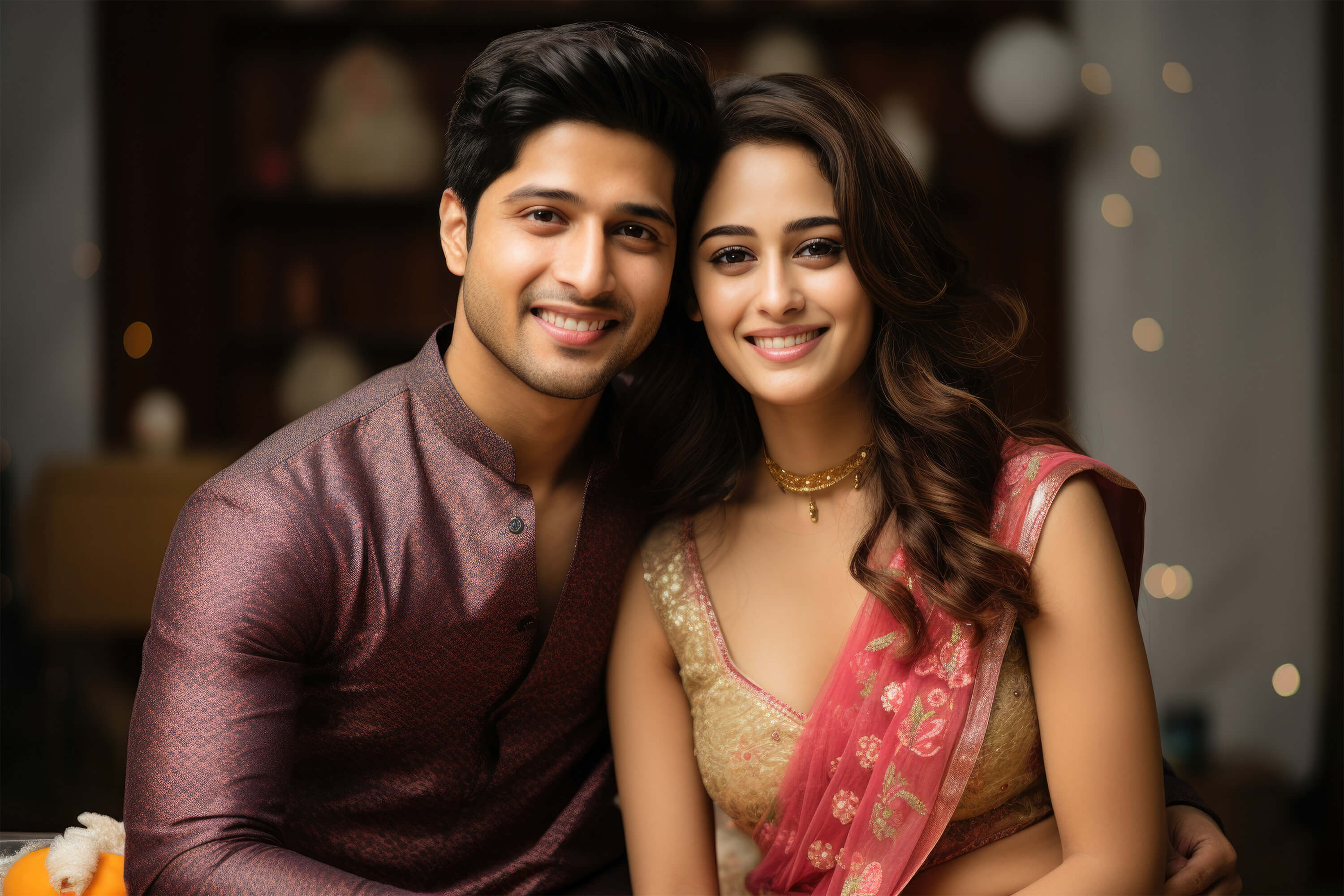We get that you’ve found the one – yes, she listens to The Smiths. Yes, he likes the same 80s rom-coms you do and everything is sunshine and rainbows. You’ve had the big conversation, and now the ring is on your finger (or theirs). But what happens next? Is it time for chat mangni pat vyaah, or should you consider taking things slow?
When you’re in love, it’s easy to believe that nothing else matters—why wait when you’ve already found your soulmate? The idea of spending forever with the one you love is undeniably magical. But before you dive headfirst into wedding plans, consider this: taking a step back and slowing down could be the wisest decision you’ll ever make – Here’s why.
1. The Power of Time
How long have you really known each other? Have you spent enough time together to truly understand one another beyond the honeymoon phase? The longer you’ve been together, the more you’ve had the chance to see your partner in different situations—good and bad. This deeper understanding can strengthen your relationship, giving you a better foundation for marriage. It’s not that couples who marry quickly can’t make it work—it’s just that time stacks the odds in favour of those who wait.
2. Weathering Life’s Storms Together
Love isn’t just about candlelit dinners and weekend getaways; it’s about standing by each other when life gets messy. Have you faced major challenges together—like the loss of a loved one, a health crisis, or financial stress? These are the moments that reveal your true compatibility and resilience as a couple. How does your partner handle their emotions when things go wrong? How do they support you when you’re at your lowest? Knowing how to navigate life’s storms together is crucial before you take the plunge into marriage.
3. Assessing conflict patterns
Let’s face it: all couples fight. The question is, how do you fight? Do you both handle disagreements like adults, or do arguments turn into blame games, shouting matches, or worse? Understanding how you both approach conflict—and whether you can resolve it without damaging the relationship—is essential. Spend time together, see how you handle disagreements, and ask yourself if this is something you can manage for a lifetime.
4. Financial Readiness
Marriage comes with a price tag, literally. From the wedding itself to moving in together, starting a family, and possibly buying a home, the financial implications are enormous, and that’s just the beginning. Have you and your partner discussed your finances in detail? Do you have debts, savings, or differing spending habits? Financial disagreements are one of the leading causes of divorce, so it’s essential to be on the same page.
5. Maturity Is Knowing What You Need—Not Just What You Want
Let’s be honest—who you are at 23 is worlds apart from who you’ll be at 33. In your early 20s, you’re still figuring things out, which often leads to impulsive decisions. That’s why it’s wise to date your partner for a few years before taking the plunge. But as you grow older, the dynamics shift. By the time you hit your 30s, 40s, and beyond, you’re much more confident in what you want, less willing to compromise, and far less likely to make hasty choices. At this stage, you’ve likely evolved into the person you’re meant to be, and the need for a lengthy courtship may not be as crucial.
6. Communication: The Real Deal-Maker
You might think you’re great at communication because you’ve dissected your favourite movies, debated the mysteries of the universe, and had in-depth political discussions. But real communication in a marriage goes much deeper. It’s about being vulnerable, hearing things that might sting, and navigating conflicts without causing lasting damage. If you haven’t mastered this yet, marriage could become a battlefield. Have you tackled the big topics—children, religion, lifestyle, family dynamics, where you want to live? If not, it’s worth pressing pause until you’re both on the same page.
The Bottom Line
Marriage is a profound commitment—one that deserves thoughtful consideration. Love is the foundation, but it’s just the beginning. Before you rush down the aisle or tie the knot, take a deep breath, and make sure you’re really ready for what comes after the wedding. Waiting doesn’t mean you’re not in love—it means you’re smart enough to know that love alone isn’t always enough. And when you’re ready, the right one will be right there


